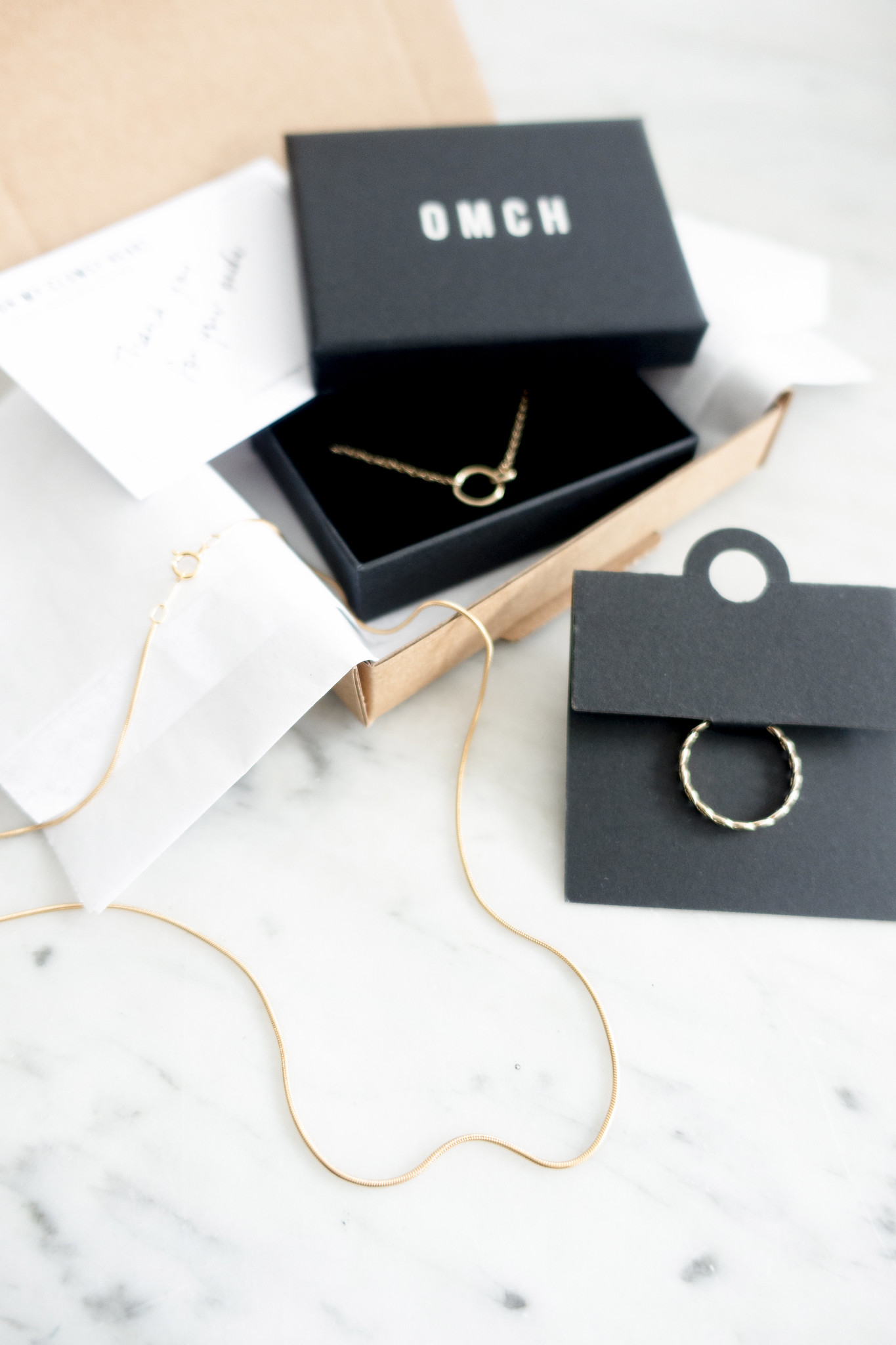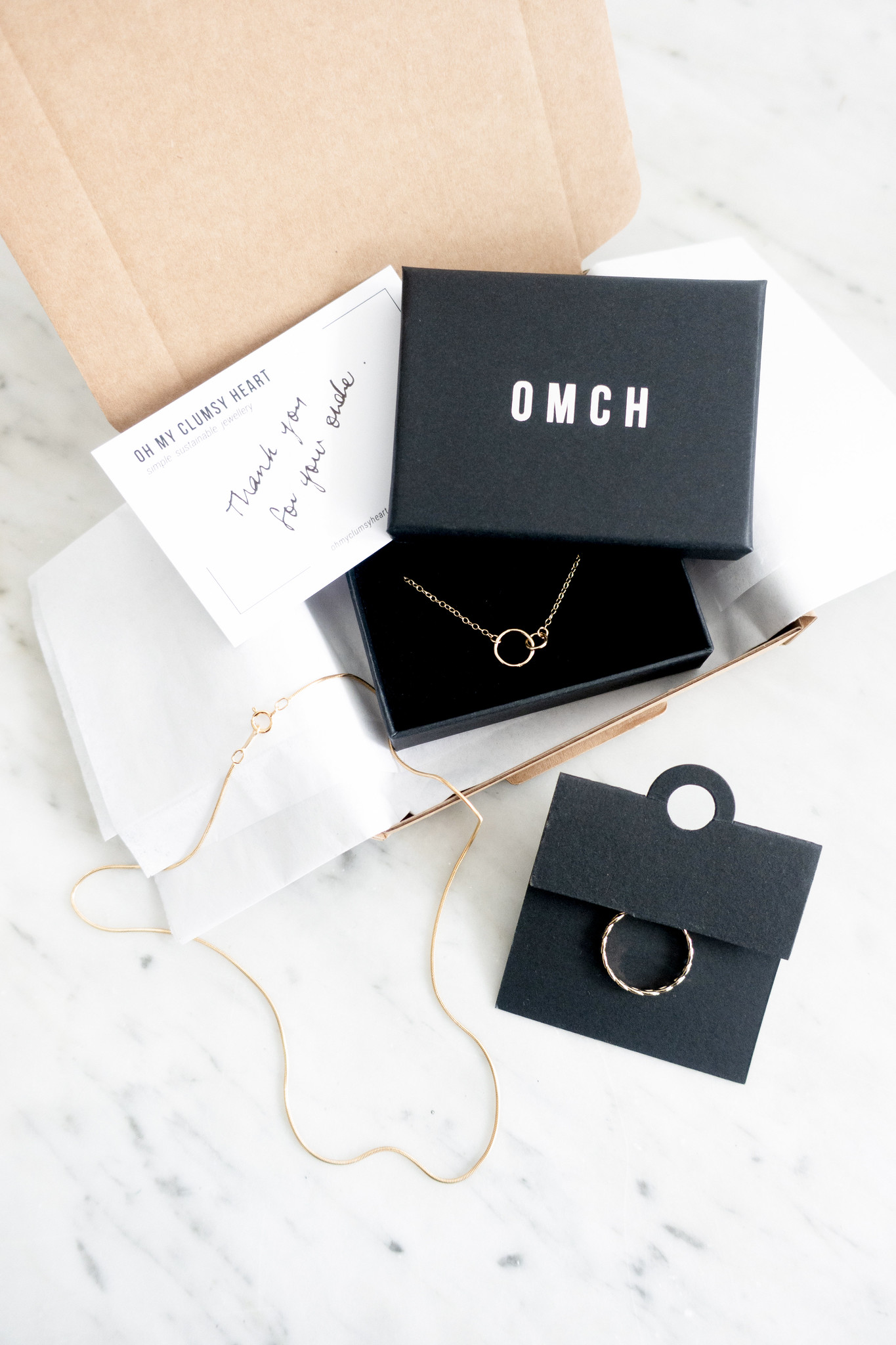
Shopping online can often be better for the environment than shopping in-store. When we place an order online, one van delivering to multiple households replaces the need for several car trips made by multiple individuals. The result is a significant decrease in greenhouse-gas emissions. Placing orders with one retailer, grouping together deliveries, requesting minimal and plastic-free packaging as well as opting for slower delivery are all ways to make online shopping more sustainable and less wasteful.
It's been several years since I switched shopping in-store with placing orders online. Mostly because I hate crowded spaces and stuffy retail shops. I'd rather quietly browse websites from the comfort of my home, which helps avoid making any impulse purchases. I've since learned my choice is shop almost exclusively online is doing the planet a favour! The decision to avoi the high street means I'm reducing my impact without even trying.
This only works if you replace shopping in-store with buying online almost entirely. If you get home deliveries and still drive to the shops for the rest of your groceries, there's very little benefit. But if you order mostly online and either walk or use public transport when you forget to order something, you'll be dramatically reducing your impact. Continue reading if you want to learn how to make your online shopping habits even more sustainable.

Eco-Friendly Shopping Tips to Make Shopping Online More Sustainable
Thrift Whenever Possible
More than a million tonnes of clothing every year is donated by people in the UK with £140 million worth of used but still wearable clothing going to landfill. There is unfathomable amounts of stuff, both in charity shops and online marketplaces. Thrifting online can be a little trickier, and it certainly requires some patience. Yet it's the best way to reduce your impact and shop more sustainably. If you need something, try thrifting for it first before buying new. Shopping second-hand gives these unwanted items a new life, and creates a more circular economy.
Buy From Small Independent Shops
Small independent businesses tend to be more eco-conscious and therefore more likely to care about reducing waste, prioritising recyclable packaging, and avoiding plastic use wherever possible. It can be difficult to know where to shop when the big brands dominate search engines. This small business brand directory will make supporting independents easier when you're looking for gifts or purchases for yourself. For my own online jewellery shop, I've always prioritised minimising waste and using plastic-free packaging.
Opt For Plastic-Free, Recycled and Recyclable Packaging
Check to see what packaging your order will be delivered in. Look for plastic-free, recycled and recyclable packaging. If possible, try to avoid online shops that use plastic and opt for ordering from somewhere that offers a more eco-friendly option. Many smaller businesses use this as standard. If you have to order from somewhere that doesn't specific the packaging, you may be able to make a request at checkout. Leave a note asking if it would be possible that your order be wrapped in minimal packaging that is recyclable with no plastic.

Group Together Orders
Try to order as much as you can from one place, and request it's all delivered together even if that means waiting longer to receive your order. Multiple deliveries across several days is less efficient and more damaging to the environment than a single delivery. This is likely to happen more with food shopping or household essentials, and can be prevented by keeping track of what you need, when it'll run out, and what you need to order. Write a list and order everything all at once.
Choose Standard Delivery
Rarely is something so important that we need it delivered as quickly as the next day. Online retailers, usually big brands and fast fashion labels, offer next day delivery as standard or for free. This encourages impulse purchasing and a habit for waiting until the last minute to place our orders. Think about what you need and when you'll need it. Shop early, place your order well before you need it, and be patient with a slower delivery option.
Don't Return Items
5 billion pounds of waste is generated through online order returns. When you return an item because it doesn't fit or isn't what you expected, there's a big chance it'll end up in landfill. To avoid this, make sure what you're ordering is what you need, will fit, and suit your purpose. Ask for more information on fit and sizing before placing your order if you're unsure what you're buying is right for you. This is more likely to happen with big brands and fast fashion labels. Smaller businesses are more likely to process returned orders, and resell them. For my own online jewellery shop, all returns are resold in a yearly sale to minimise waste and make the jewellery more accessible to those who maybe couldn't afford to buy it otherwise.

